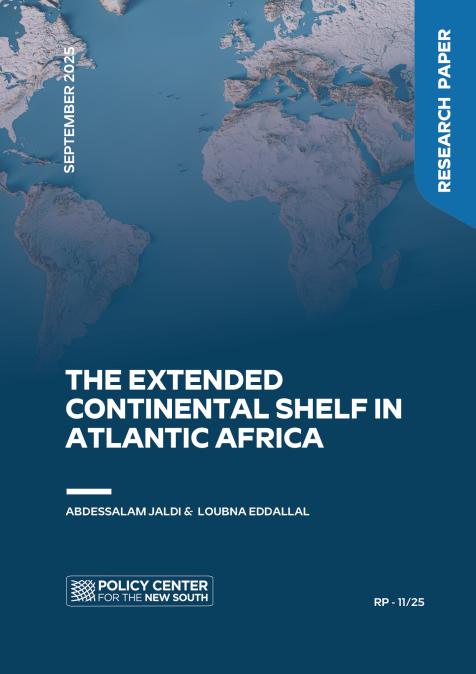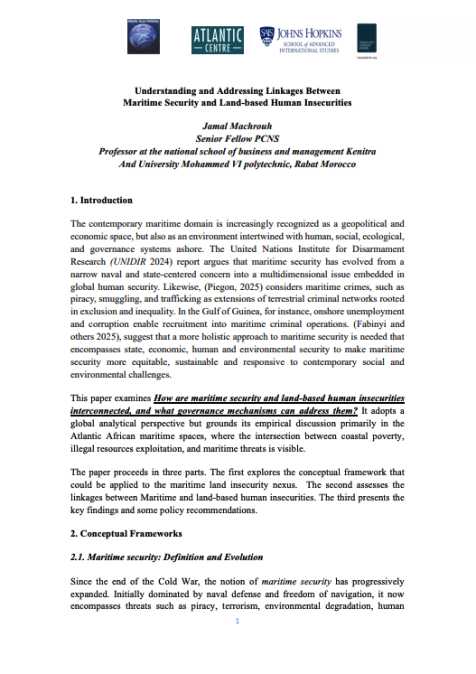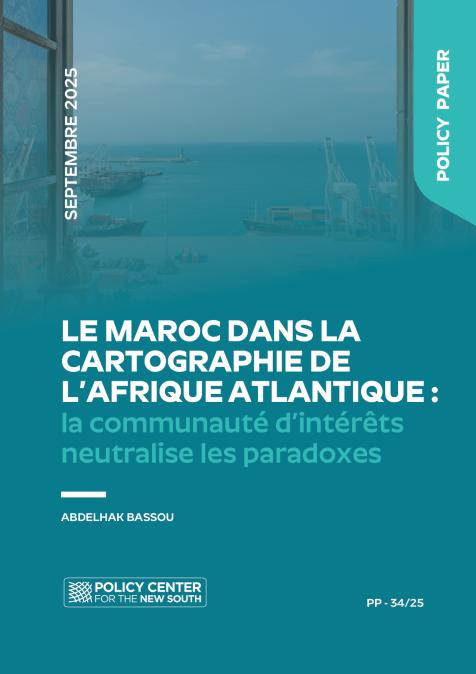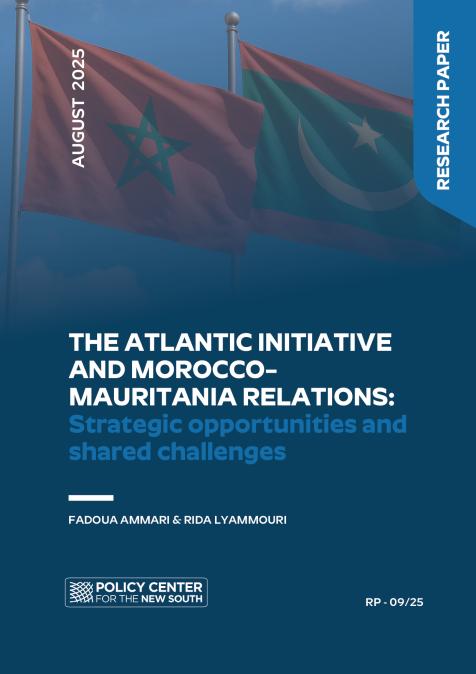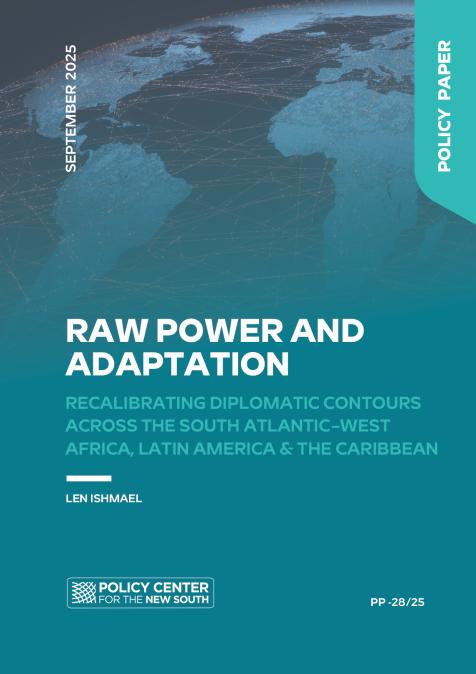Publications /
Research Paper
This paper explores the evolving legal, geopolitical, and technical dynamics surrounding the extension of the coastal shelf of Atlantic African states beyond 200 nautical miles under the United Nations Convention on the Law of the Sea (UNCLOS). As several coastal states pursue rights over seabed areas beyond their exclusive economic zones, the paper highlights the growing strategic importance of these claims for resource access, particularly hydrocarbons and minerals, and maritime border delimitation in the region. While the Commission on the Limits of the Continental Shelf (CLCS) plays a technical role in assessing the scientific validity of claims, it does not resolve disputes between overlapping submissions, many of which remain pending or in active dispute. The paper also shows that a shift may be underway from geologybased entitlements to a geography and equity-driven approach in maritime boundary delimitation, reflecting recent international jurisprudence. The paper argues that without coordinated regional strategies and strengthened negotiation frameworks, overlapping claims risk fueling future disputes over offshore resources in an already sensitive geopolitical space. States are encouraged to resolve overlapping claims through bilateral agreements.

